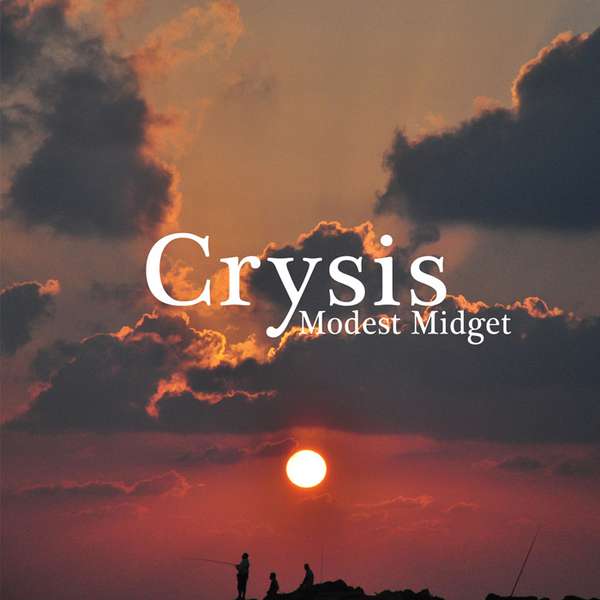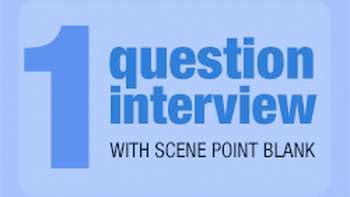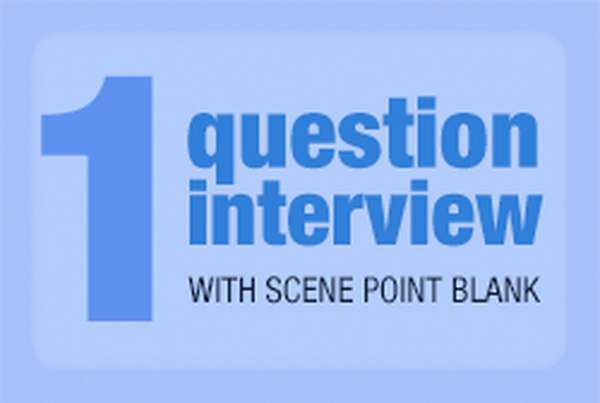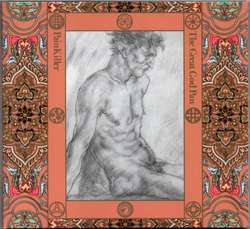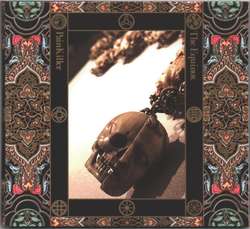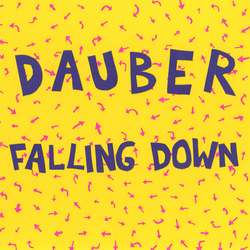Following the group’s ambitious 2010 debut The Great Prophecy of a Small Man, Dutch group Modest Midget returns with 2014’s Crysis, an album that’s equally as sprawling, eclectic, and generally cheerful as its predecessor. Admittedly, it took me a few listens to really get into what Modest Midget had to offer on their first album, and this second effort is no different. Part of this may be due to the fact that the group tends to label itself as progressive rock, yet clearly is presenting a different variation of that style than I, having listened to many a Yes,King Crimson, or ELP album, might typically expect. To my ear, Modest Midget sounds sort of like 311 had they been more influenced by ‘70s rock: parts of Crysis remind me of Pink Floyd in terms of the instrumentation and grandiose composition that’s heard, but Modest Midget is as likely to delve into a ska punk section as continue with elaborate rock arrangements.
Led by songwriter and composer Lionel “Lonny” Ziblat, Modest Midget incorporates a ton of styles into their sound, some of which seems to be based on the classical music which Ziblat admits having an affinity towards. Though Ziblat clearly has big ideas for his band (witness the many guest musicians – many of whom who add rather strange instrumentation to the mix - who appear on Crysis), there’s a playfulness to the band’s material that makes it very appealing and approachable. Progressive rock has often been accused of being pretentious to the extreme, but Modest Midget appear to have made the effort to reach a broader audience than many groups of this type. It’s true that Crysis may strive to be an expansive album that builds from a mysterious beginning into a cathartic final stretch, but many of the tracks here are relatively brief by the standards of prog and are perfectly digestible when taken on their own.
Ethereal instrumental “The Grand Gate Opening” establishes a pleasant mood right off the bat, focusing on a shimmering melody that rises from a bed of gurgling low tones and builds nicely into second track “A Centurion’s Itchy Belly.” This piece starts off sounding positively ‘70s, with a spacey keyboard line of the type I’d expect from Keith Emerson or Rick Wakeman along with a prominent, grooving bass and a dash of ghostly sound effects, but shortly works itself into a frolicking second section built around a plucked guitar melody and a bouncy bass. Incorporating a nagging accompaniment at the end of every main guitar stanza that perfectly reflects the goofiness of the title, the piece’s lurching sense of rhythm and tempo only solidify the energetic song’s off-kilter feel. “Rocky Valleys of Dawn,” the first track here that shows off Ziblat’s confident vocals, has a killer bass that’s played at punk rock tempo and positively moves, while “Praise the Day” is a much slower, peaceful, and serene number with gorgeously restrained singing.
Starting off slow and deliberate, a rhythmically complex interlude heard several times throughout “Now That We’re Here” ties it to the types of start-stop songwriting that many progressive rock bands specialized in. Again, the keyboards sound remarkably similar to those heard in vintage ELP or Yes tracks, and there’s a nice sense of escalation through the piece. The quieter “Periscope Down” seems to be derived from early ‘80s soft rock, with super smooth vocals, a peppy but low-key tempo and the warm ambiance of a throbbing organ droning in the background. On the other hand, a cover of Roy Orbison’s “Oh Pretty Woman,” played as a honky ska-punk song, seems a bit of a misstep. It’s not that the track is bad in and of itself, but it does comes across as jarring and definitively bizarre when placed smack in the middle of an otherwise fairly consistent album. The comic “Flight of the Cockroach,” an instrumental heavy on syncopated rhythms and fluttering melodies, attempts to pick up the pieces afterward, bridging the almost obnoxious song that preceded it with the much more restrained tracks that make up the remainder of the album.
As Crysis starts to wind down, we get the deliberately-paced “Secret Lies” that’s probably the most earnest song here due to its heartfelt vocal performance, a track in “Gone Is” that plays out like ‘70s folk rock, and a piece of genuine, prog rock pretension in “Crisis (Awake of the Sheep).” This last number is set up more like a classical composition than a typical rock song, with instrumental solos that occasionally sound almost medieval. Album finale “Birth” is probably my favorite track here. With lyrics that seem to discuss and reflect on the very tracks heard before it, this jubilant piece is full of vigor, pushed along by a slick, driving bassline and crisp drum rhythm which Ziblat’s vocals soar on top of: an outstanding final salvo from an album that throws just about everything at a listener.
It sounds terrible but it’s true: I’m not the biggest fan of music that’s overly optimistic or hopeful, but it’s impossible to ignore the fact that Crysis is not only conceptually impressive and full of ideas, but also extremely likable. The variety of instruments heard (listen closely for accordions, saxophone, flutes, strings, and more) and range of musical styles would probably be enough to ensure that no listener would be bored by the album, but there’s a really nice sense of flow and progression throughout (even with the Orbison cover which to me, just seems off). The final few songs here are arguably the best on the disc, meaning that I walked away from this album feeling very satisfied. Full of great instrumental performances and demonstrative of the level of vision and creativity possessed by composer Lonny Ziblat, Crysis comes recommended.
